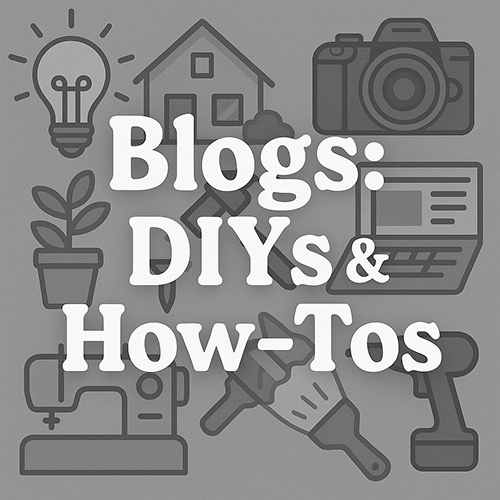The notion of waking early is frequently romanticized in productivity literature, but for many, it presents a genuine physiological and psychological challenge. When the alarm sounds, the natural inclination is to resist, prioritizing the warmth and security of bed over the perceived discomfort of the early morning hustle and bustle. However, cultivating a sustainable morning routine is less about sheer willpower and more about aligning behavior with our biological architecture.
At the core of sleep-wake regulation lies the circadian rhythm, a 24-hour internal clock governed by environmental cues such as light and temperature. Instead of attempting to override this cycle abruptly, a progressive recalibration like advancing bedtime in 15-minute increments every few nights facilitates neurological adaptation and reduces stress responses. Sudden shifts often trigger hormonal imbalances and cognitive disturbances, while gradual changes promote physiological stability and long-term adherence.
Light Exposure and Wakefulness
Phototherapy, exposure to bright natural light, is one of the most potent external stimuli for modulating circadian timing. Morning sunlight inhibits the secretion of melatonin, the hormone responsible for initiating sleep and thus promotes a sense of alertness. For individuals with limited access to natural light, light therapy lamps offer a clinically validated substitute. These devices mimic the spectral qualities of sunlight, boosting wakefulness, cognitive clarity and mood, particularly in those affected by Seasonal Affective Disorder (SAD).
Environmental structuring can also reinforce morning wakefulness. Positioning your mobile device across the room away from where you hand can reach from your bed necessitates physical movement to disable the alarm, an action that increases the probability of staying up. Additionally, preparing warm clothing and placing a water bottle within reach minimizes resistance and initiates a positive behavioral momentum. Early hydration enhances alertness by supporting metabolic and cardiovascular processes.
Transitioning from sleep to wakefulness requires more than intention, it demands psychological intervention. The 5-second rule, popularized by Mel Robbins, recommends counting backward from five and acting without hesitation. This interrupts the brain’s default-mode network (DMN), which governs introspection and delay, and instead activates the prefrontal cortex responsible for decision-making and goal pursuit basically setting you up to start your day with full-boost. When paired with immediate rewards like tea, upbeat music or a refreshing face rinse, this method fosters dopamine release, reinforcing the new behavior and making you to want more of it.
Morning motivation is amplified through pleasurable anchors. Embedding enjoyable rituals such as journaling, meditative breathing or light exercise conditions the brain to associate early hours with emotional satisfaction. These behaviors activate dopaminergic circuits, particularly sensitive to novelty and reward, thereby improving consistency and engagement.
Evening Preparation and Sleep Hygiene
Optimal early rising begins the night before. Exposure to blue light, emitted by digital screens, inhibits melatonin production and delays sleep onset. Establishing a screen-free pre-sleep routine comprising stretching, analog reading or reflection lowers cognitive arousal and facilitates restful sleep. Additionally, writing down tasks for the next day offloads mental clutter, reduces pre-sleep anxiety, and enhances memory consolidation.
Consistency in sleep and wake times is paramount. Even minor weekend deviations can result in social jet lag, a misalignment between internal and external schedules that impairs mood, alertness, and attention. Adhering to a regular rhythm, including during leisure periods, strengthens circadian entrainment and makes early rising effortless as well as pleasing.
Becoming a morning person is not about battling yourself, it’s about creating conditions where early rising becomes the path of least resistance. When your environment, habits and neurobiology are in harmony & sync, mornings transform from a chore into a competitive edge. Give yourself that edge today by actively working to start waking early with full-boost giving your day a highly productive and pleasing canvas.
Next Time: Natural Cure for Mouth Odour | Beat Bad Breath with These Kitchen Remedies
Tired of buying mints that don’t last? This post reveals natural, lasting solutions to oral odour using everyday ingredients you already have at home.
Please go back to top & scroll gently

